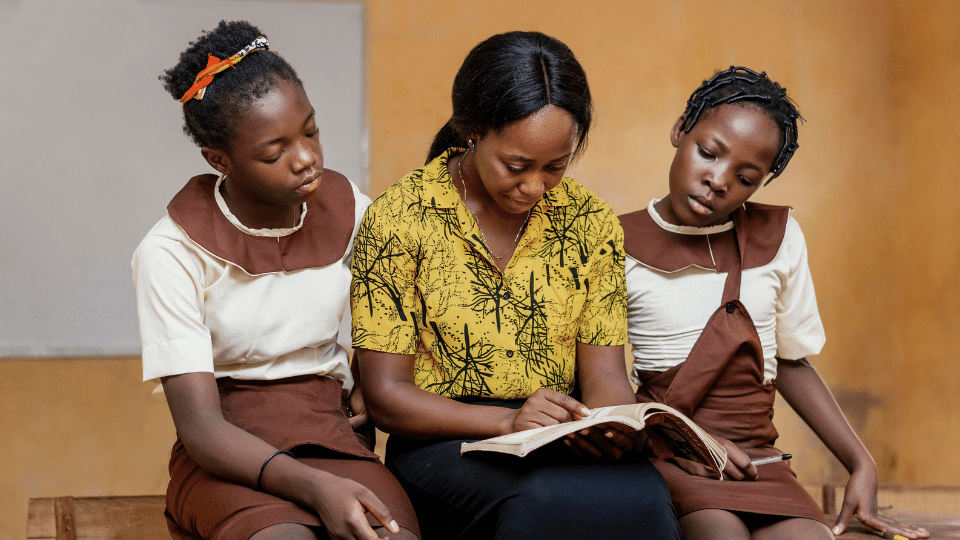Introduction
In Nigeria, millions of girls face significant barriers to education, limiting their potential and perpetuating cycles of poverty and inequality. However, by prioritizing girls’ education, we can unlock their incredible potential, empower them to shape their own futures, and create a more equitable society.
Education as a Catalyst for Change
Education is a powerful catalyst for change, and when girls are given equal access to education, it has a transformative impact on their lives and communities. By providing girls with education, we equip them with knowledge, skills, and confidence to pursue their dreams, break free from the chains of poverty, and contribute to the development of their nation.
Overcoming Barriers
Unfortunately, Nigerian girls face numerous barriers that hinder their access to education. These include cultural norms, early marriage, lack of infrastructure, poverty, gender-based violence, and limited educational opportunities. Tackling these challenges requires collaborative efforts from government, civil society, communities, and individuals who believe in the inherent value and potential of every girl.
Creating Opportunities
To empower Nigerian girls through education, we must invest in initiatives that address these barriers head-on. This includes implementing policies that ensure equal access to education, providing safe learning environments, offering scholarships and financial support, training and supporting teachers, and promoting gender equality within schools and communities. Additionally, partnerships with organizations, businesses, and individuals committed to girls’ education are crucial for sustainable change.
Changing Lives, Shaping Futures
When Nigerian girls are given the opportunity to learn, they flourish. They become leaders, changemakers, and role models for future generations. They contribute to economic growth, break the cycle of poverty, improve health outcomes, and drive social progress. Educated girls become empowered women who positively impact their families, communities, and the nation as a whole.
Conclusion
Unlocking the potential of Nigerian girls through education is not only a moral imperative but also a strategic investment in the future. By providing equal access to education and creating an enabling environment, we can empower Nigerian girls to shape their own destinies and contribute to a brighter, more inclusive society. Together, let’s prioritize girls’ education and ensure that every Nigerian girl has the opportunity to thrive and fulfill her dreams.

